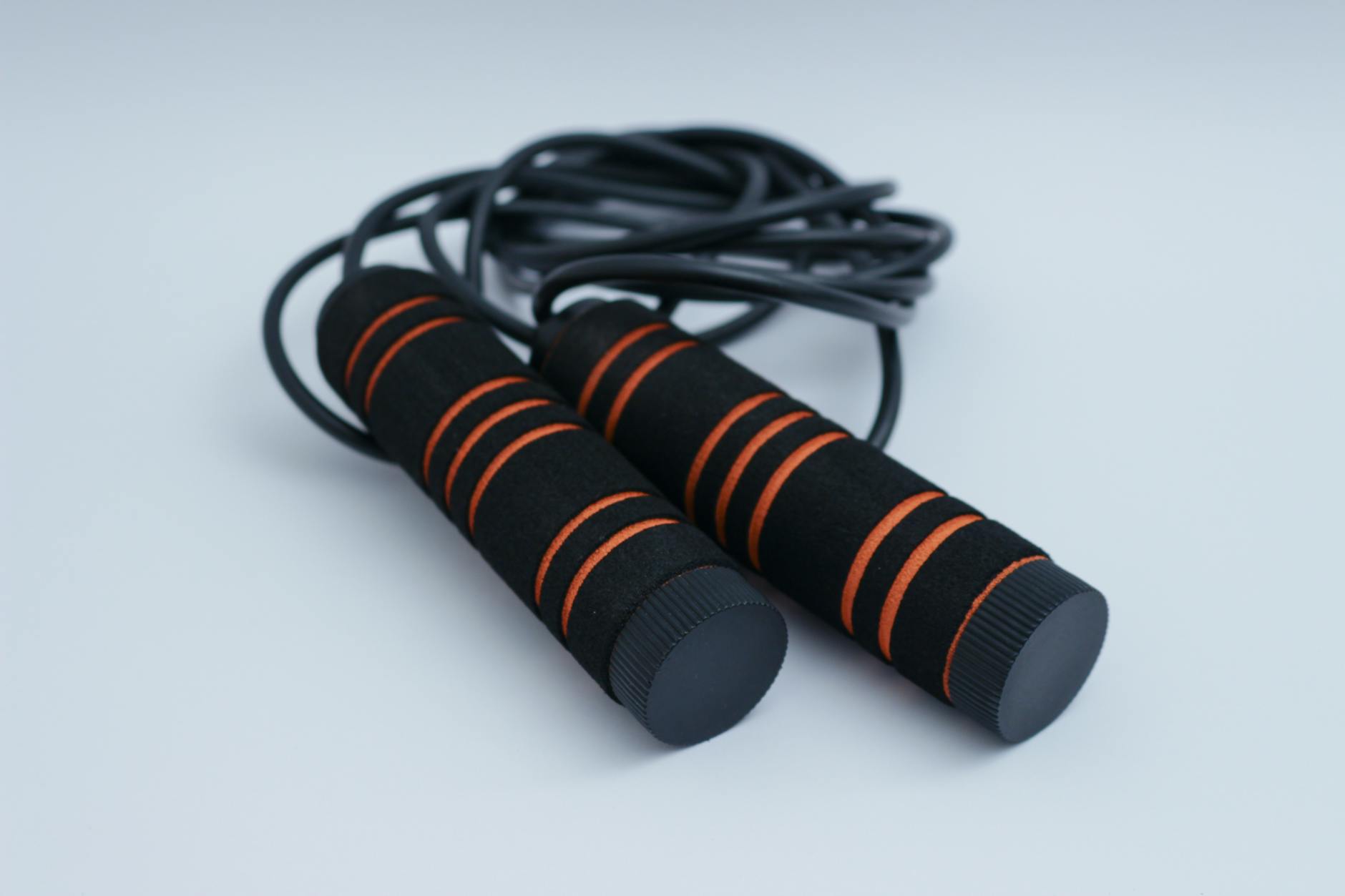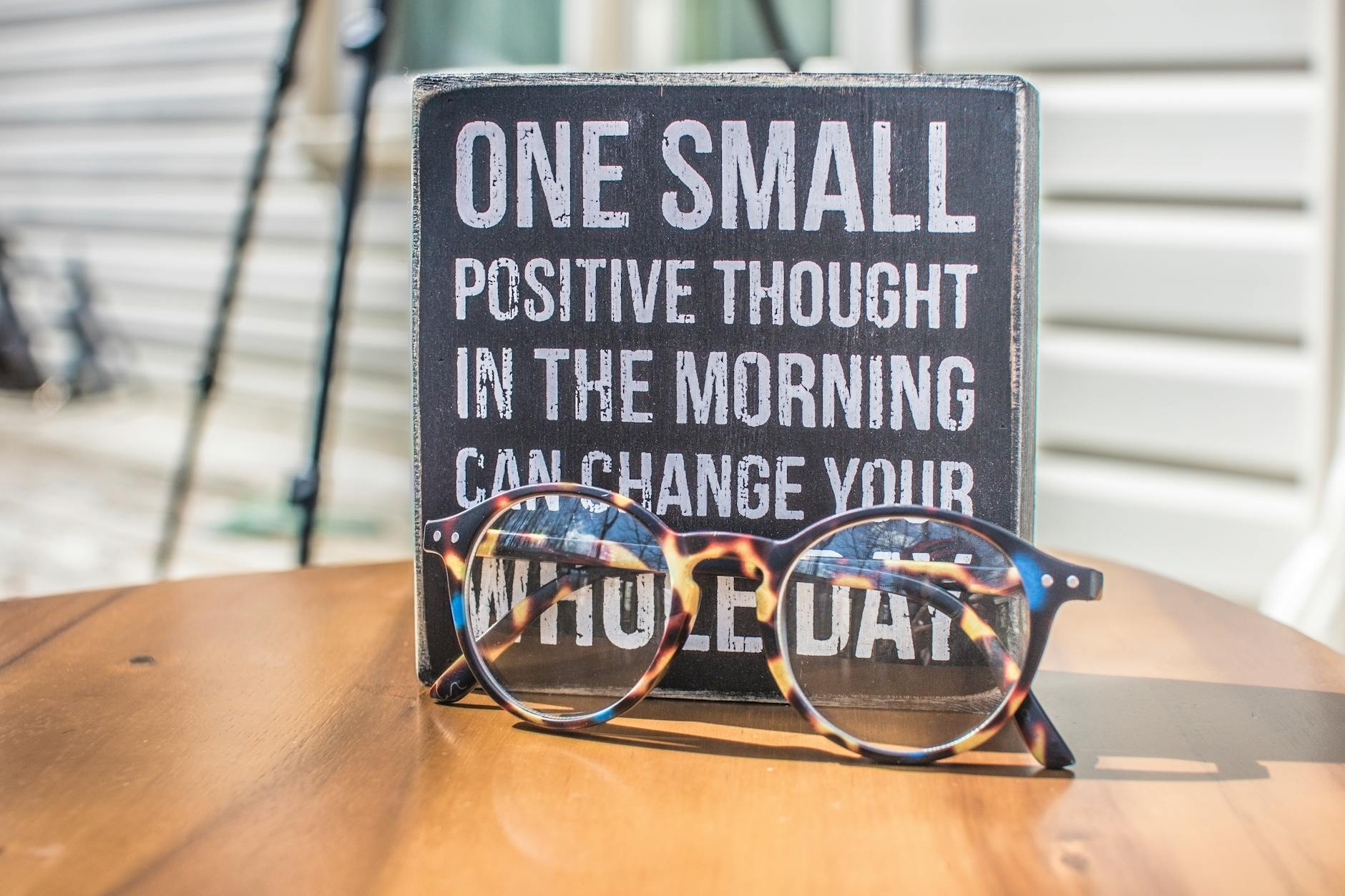In a world where health awareness is growing by the day, fitness trackers have become popular companions for staying active and mindful. From simple step counters to advanced wearables that monitor heart rate, sleep, and even blood oxygen levels, the market has expanded rapidly in recent years. But with so many devices, from wristbands to smartwatches and even rings, choosing the right one can be overwhelming.
This article explores how fitness tracking technology is evolving, what features to consider when buying a device, and the practical benefits they offer, while also offering a word of caution on accuracy and health monitoring.
The Evolution of Fitness Tracking: From Bands to Smart Rings
Not long ago, fitness tracking meant wearing a basic wristband that counted steps. Brands like Fitbit revolutionized that space with user-friendly trackers that offered a peek into your daily movement, calorie burn, and sleep patterns.
Now, technology has advanced dramatically.
Wrist-Based Trackers and Smartwatches
Devices from Fitbit, Garmin, and Apple offer full-scale health monitoring. They come with heart rate sensors, stress management features, guided workouts, and GPS tracking for outdoor runs. These wearables can even notify you of irregular heart rhythms or dips in oxygen levels.
Some of the most popular include:
- Fitbit Charge and Inspire series – Great for daily users who want step counting, sleep insights, and guided workouts.
- Garmin Forerunner and Fenix series – Designed for athletes and outdoor adventurers with robust GPS, heart rate, and endurance tracking.
- Apple Watch – Combines smart features (calls, messages, apps) with advanced health tools like ECG and fall detection.
Fitness Rings: A Discreet Alternative
A newer innovation in wearable health tech is the fitness ring. Brands like Oura and Ultrahuman offer smart rings that slip onto your finger and collect a surprising amount of data.
These rings can:
- Track your heart rate and heart rate variability (HRV)
- Monitor your sleep cycles in detail
- Measure temperature variation
- Provide daily readiness or recovery scores
Their compact design makes them ideal for those who prefer minimal wearables or find wrist-based trackers bulky.
7 Things to Look for When Buying a Fitness Tracker
With so many options, it’s important to focus on the features that matter most to you. Here are seven essential factors to consider:
1. Activity Tracking
All fitness trackers should monitor basic activities like steps, distance, and calories burned. More advanced models include elevation (stairs climbed), auto-exercise recognition, and workout logging. If you’re a walker or runner, make sure the device has GPS or connects to your phone’s GPS.
2. Heart Rate Monitoring
Look for continuous heart rate monitoring, which helps you understand how your body responds to activity, rest, and stress. Some trackers also show heart rate zones, helpful for targeted workouts like fat burn or cardio.
3. Sleep Tracking
Quality sleep is vital for recovery and energy. Choose a tracker that shows how much light, deep, and REM sleep you get each night. Fitness rings often outperform wrist trackers in sleep accuracy due to better overnight skin contact.
4. Battery Life
If you don’t want to charge your device daily, opt for one with a longer battery life. Fitness bands and rings can last 4–7 days, while smartwatches may need more frequent charging due to additional features like always-on displays and notifications.
5. Water Resistance
Planning to swim or wear your device in the shower? Make sure it’s water-resistant. Some trackers are splash-proof, while others are fully waterproof and swim-friendly.
6. Companion App and Phone Compatibility
A good app makes it easier to understand your health data and spot trends. Ensure the device syncs well with your smartphone (Android or iPhone), and that the app offers easy-to-read insights and progress tracking.
7. Design, Price, and Bonus Features
Some wearables come with extras like music control, smart notifications, or even payment features. While these may not directly impact your fitness goals, they can enhance convenience. Always weigh features against your budget.
Practical Benefits of Using Fitness Trackers
Fitness trackers are more than just step counters, they can play a meaningful role in helping you build healthy habits. Some real-life benefits include:
- Motivation to move: Daily step goals or reminders to stand up can encourage a more active routine.
- Better sleep: Sleep insights can help you spot what affects your rest, from caffeine to screen time.
- Improved workout efficiency: Heart rate zones and recovery tracking help you train smarter, not harder.
- Accountability: Sharing progress with friends or tracking achievements keeps you consistent.
- Awareness of overall health: Many users start noticing how stress, diet, and movement affect their body and energy.
How Accurate Are Fitness Trackers?
While modern fitness trackers offer incredible insights, they are not medical devices. The accuracy of data, like steps, calories, heart rate, or sleep, can vary based on:
- Sensor quality
- How snugly the device fits
- Skin tone or tattoos (may affect optical readings)
- User activity (e.g., hand movement may count as steps)
- Health conditions (e.g., arrhythmias or low perfusion may affect HR readings)
For example, wrist-based heart rate monitors may struggle during high-intensity workouts, while ring-based sensors might be better for resting metrics like HRV and sleep.
A Word of Caution
Fitness trackers are motivational tools, not diagnostic instruments. If you have an existing medical condition, or suspect one, always consult a certified healthcare professional. Trackers may give early signs or alerts, but only a qualified doctor can interpret your symptoms accurately.
Also, don’t let the numbers overwhelm you. The goal is to feel better, not to obsess over step counts or sleep scores.
Conclusion
As wearable tech evolves, fitness tracking is becoming more personalized, discreet, and data-rich. Whether you choose a wristband, smartwatch, or a smart ring, these devices can support a more mindful and active lifestyle. By understanding their features, benefits, and limitations, you can choose a tracker that suits your goals and routines best.
Ultimately, the smartest choice is one that encourages small, healthy changes over time, whether it’s an extra walk, better sleep, or simply being more in tune with your body.
Disclaimer: This article is for informational purposes only. Fitness trackers provide general health and wellness data and are not intended to diagnose or treat any condition. Always consult a licensed healthcare provider for any medical concerns.


